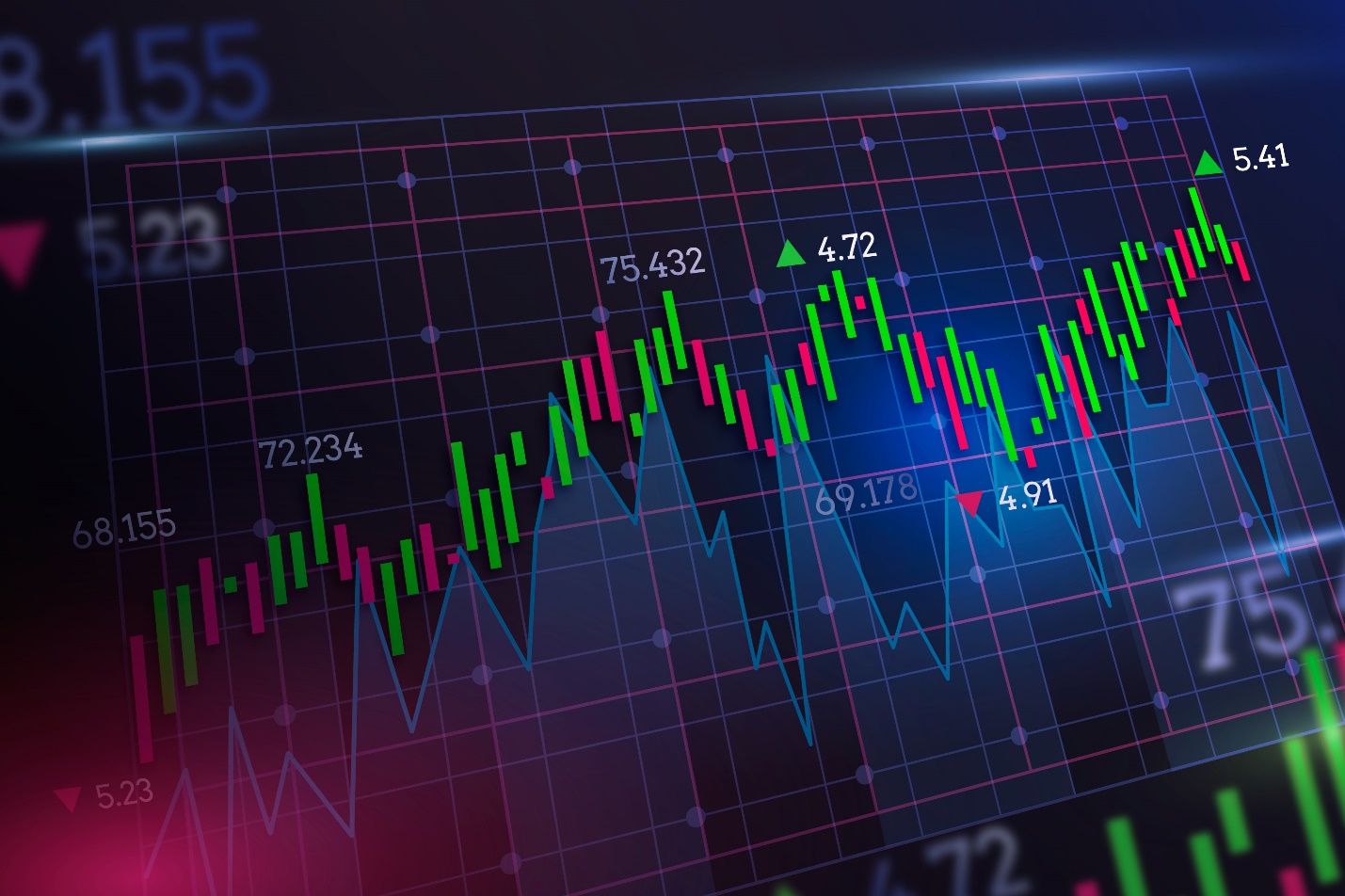Forex Scams: How to Spot and Protect Yourself from Fraudulent Brokers and Systems
Susan Kelly
Nov 28, 2023
Forex trading is exchanging one currency for another, usually intending to make a profit. Forex trading can be a legitimate and lucrative activity, but it can also be a risky and fraudulent one. Forex scams are schemes that deceive or manipulate forex traders or investors, often by promising unrealistic returns, offering fake or unregulated services, or using fraudulent software or systems.
In this article, we will explain how forex scams work, how to spot them, and how to protect yourself from them. We will also provide some resources and tips to help you avoid falling into forex scams. So, let’s dive into it!
What Should You Know About Forex Scams?
While the foreign exchange (forex) market can be an exciting financial adventure, but it's crucial to be aware of the lurking pitfalls, particularly when it comes to forex scams. Let's break down the essentials and what you need to know about forex scams:
Understanding Forex Scams
Forex scams are deceptive schemes that prey on individuals looking to profit from currency trading. These scams can take various forms, but their primary goal is to separate you from your hard-earned money under the guise of promising hefty returns. The forex market operates globally and around the clock, creating an ideal environment for opportunistic fraudsters to exploit unsuspecting traders.
How Do Forex Scams Work?
Understanding the mechanics of forex scams is crucial for safeguarding your finances. One common tactic is the promise of guaranteed profits or high returns with minimal risk.
Scammers often present themselves as seasoned traders or investment experts, luring victims with the allure of quick and substantial gains. They may use sophisticated-looking websites, impressive-sounding investment strategies, or fake testimonials to create an illusion of legitimacy.
Types of Forex Scams
Here are some of the significant types of forex schemes that you should avoid at all costs:
Ponzi Schemes
Some fraudsters operate Ponzi schemes, using funds from new investors to pay back to previous investors. This creates a mirage of profitability until the system inevitably collapses, leaving many with losses.
Signal Sellers
These scammers claim to offer expert trading advice or signals for a fee. However, the signals provided are often worthless or even deliberately misleading, leading traders to make poor investment decisions.
Robot Trading Scams
Automated trading systems, or "forex robots," promise hands-free profits. Unfortunately, many of these systems are ineffective or, worse, designed to drain your trading account.

How to Avoid Forex Scams?
The risk of falling victim to forex scams is always a genuine concern. In this Forex scams 101, let's explore some practical strategies to keep you one step ahead of scammers:
Educate Yourself and Use Knowledge as a Shield
Arming yourself with a solid understanding of forex trading is the first line of defense against scams. Take the time to learn the basics, like how the market operates, common trading strategies, and the factors influencing currency movements. A well-informed trader is less likely to fall prey to unrealistic promises or dubious schemes.
Know Your Broker
Before diving into the forex market, thoroughly research any broker or trading platform you're considering. Check for regulatory compliance, reviews from reputable sources, and the broker's track record. Legitimate brokers are transparent about their credentials, fees, and operational practices. A lack of clear information should raise a red flag.
Beware of Unrealistic Promises: If It Sounds Too Good...
The old adage holds true in forex trading – if it sounds too good to be true, it probably is. Forex trading involves inherent risks, and anyone assuring you otherwise is likely trying to lure you into a scam. Maintain a healthy dose of skepticism and avoid schemes that make extravagant claims.
Watch Out for Pressure Tactics
Scammers often create a sense of urgency to pressure individuals into making quick decisions. Legitimate opportunities allow you the time to make well-informed decisions without the pressure to act immediately.
The Trustworthiness Test
Legitimate brokers and trading platforms have verifiable credentials. Check for licensing and regulatory information to ensure the entity you deal with adheres to industry standards. Regulatory bodies provide a layer of protection against fraudulent activities, and brokers registered with these authorities are generally more trustworthy.
Use Reputable Brokers and Always Stick to the Familiar Ones
Opt for well-known and established brokers with a solid reputation in the industry. Reputable brokers are more likely to prioritize the security and satisfaction of their clients. While new players can be legitimate, sticking with brokers with a proven track record is often safer.

Be Wary of Unsolicited Offers
If you receive unsolicited offers or investment opportunities via cold calls, emails, or messages, proceed with caution. Scammers often reach out to potential victims without being prompted. Legitimate brokers typically rely on more professional and transparent communication channels.
Diversify Your Investments
Avoid putting all your eggs in one basket. Diversifying your investments across different assets can mitigate risks and protect your portfolio from potential losses. It also minimizes the impact of any single investment becoming a scam.
Keep Your Radar On
Forex markets and trading practices evolve, and so do scams. Stay informed about emerging trends, common scams, and red flags. Regularly check for updates from reliable financial news sources and regulatory bodies to ensure you're equipped to identify and avoid new threats.
Conclusion
Forex trading can be a lucrative and rewarding activity, but it also comes with its equal risks and challenges. Forex scams are among the most common and dangerous threats that traders face, as they can result in significant losses and damage one's reputation. Therefore, it is essential for traders to be aware of the signs and types of forex scams to protect themselves from fraudulent brokers and systems. Happy trading!







